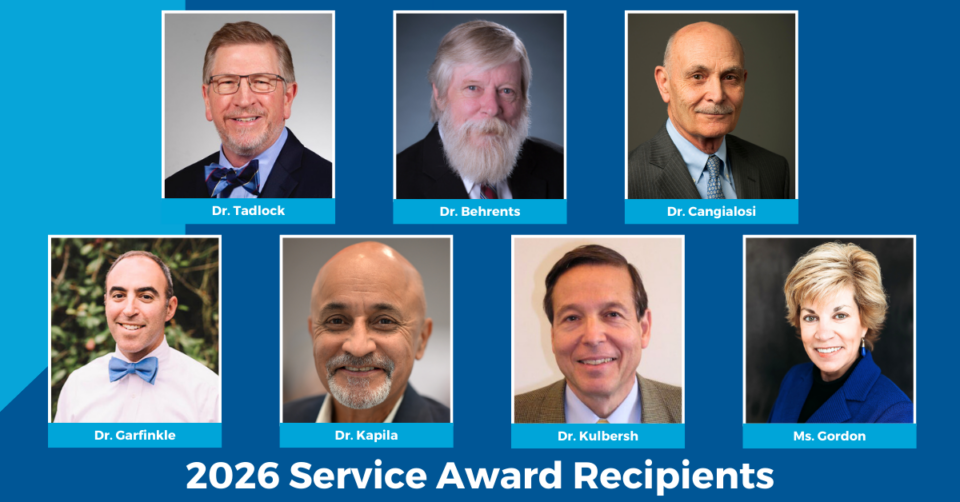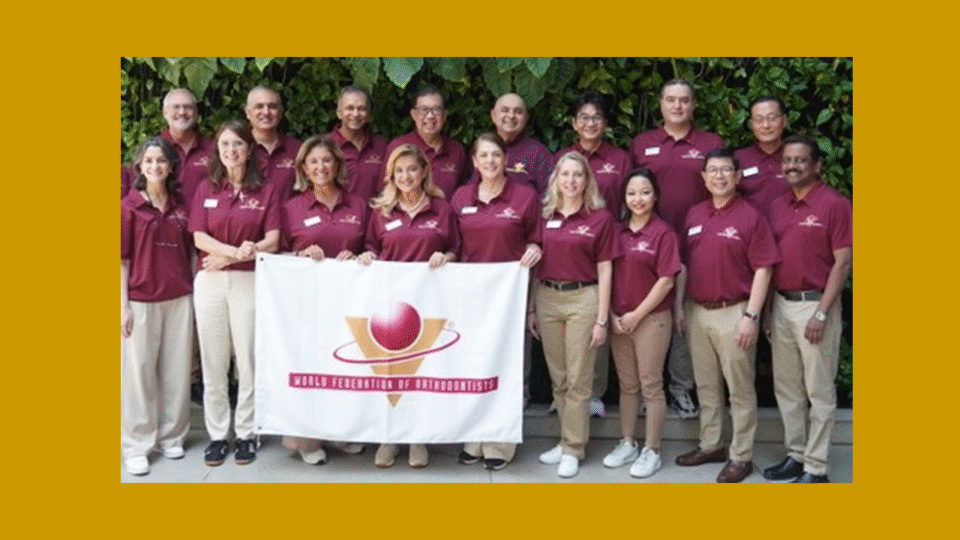by Dr. Mariela Anderson
There are many stages to your orthodontic career and you will have differing needs throughout. In the beginning the choices may seem overwhelming:
- Should I buy?
- Should I set up a practice?
- Should I associate…private or corporate?
These are just some of the questions that run through the minds of residents and new orthodontists.
Just as we are specialists in orthodontics, we must consult specialists in other disciplines with respect to legal, accounting, financial, and insurance advice. The team of advisors you surround yourself with can help answer any questions you may have. This team of advisors can also help you reach your goals and ensure the transitions that lie in your future are worry free.
Attorney
A good attorney will be able to review any contracts presented to you. They act to protect your interests in the transaction. Finding a good contract attorney may be as simple as asking friends and colleagues for a reference. A good contract attorney will review any contract and explain all clauses so you are aware of what you are entering into.
When considering engaging the services of an attorney, don’t be afraid to ask if he or she has other orthodontist clients. It is also important for whomever you hire to be able to communicate well and explain the intricacies of any contract you are presented with.
If you decide to enter into an agreement to purchase a practice, a contract attorney who has experience in the buying and selling of orthodontic practices will be able to represent your unique point of view in every step of the transaction. These steps include the letter of intent, purchase agreement, any leases, an associate agreement should the owner stay on to help with the transition and a non-competition agreement. In addition, your attorney may have contacts with accountants and bankers who will make the transaction easier.
Learn more in the AAO Contract Guide in the New Member Legal Starter Kit
Accountant
Finding a good accountant (CPA) is imperative as you begin practice and when you are running a small business. An accountant will be able to prepare your financial statements and tax returns (both corporate and personal), as well as give you strategies to minimize or defer any taxes payable. In addition, your accountant will be able to give advice on the day-to-day running of your business with respect to income and expenses and will as be able to tell you where your practice lies in comparison to similarly sized practices around you.
A good accounting firm will give you excellent advice with respect to student loan and debt repayment strategies, as well as advice on opening or buying a practice. In addition, they are invaluable partners in the operation and health of your practice. Again, ask colleagues which accountants they use and ask any firm you are considering hiring if they have any other clients who are orthodontists.
Insurance Advisor
Insurance is a method of protecting your financial well being in the event of accident, illness or death. Working with an insurance specialist is important, as they are able to provide innovative insurance solutions for all stages of your practice. You will need to consider purchasing disability insurance, critical illness insurance, life insurance, office overhead insurance, etc.
A good insurance advisor will be able to work in concert with the rest of your team (attorney, accountant and financial advisor) to customize an insurance plan for your unique needs at each stage of your career. Working with a broker allows them to access products from multiple companies giving you the best product at the best price possible. It is important again to ask friends and colleagues for advice and references. Insurance is a necessary part of practice. It is always better to plan for the worst and hope for the best!
Financial Planner
The last of the major team members you should consider is that of a financial planner. In the beginning you may not think you need financial advice as you may feel you are busy paying off loans; however, there will come a time when you will be in need of sound financial advice.
A good financial planner will help you reach your short and long-term goals by giving you a macro view of your assets and how they complement each other. When looking for a financial advisor you may want to turn to friends or family for referrals. You may also want to ask other dental professionals whom they utilize. Your accountant, banker or attorney may also be able to point you in the direction of a good financial advisor.
Check to make sure whomever you are using is a certified financial planner (CFP). Ask how the planner is remunerated. Check the code of ethics to which the planner must adhere. Always ensure that whomever you engage as a financial planner has a fiduciary duty toward you as a client. Ask for references.
The most important aspect of all is that the above-mentioned people, like orthodontists, are specialists. They spend all of their time working in their respective fields and are well-versed in all the newest and latest issues that affect us and our practices.
The team of advisors that you surround yourself with can help answer any questions that may arise at any point in your career. They help you reach your practice and life goals and ensure the transitions that lie in your future are worry free. Having a team of professionals behind you will allow you to concentrate on what’s most important – the orthodontics!
Dr. Mariela Anderson of Stratford, Ontario previously served as the Great Lakes Association of Orthodontists (GLAO) representative to the AAO Council on New and Younger Members (CONYM). She is now a consultant to CONYM and can be reached at [email protected].



